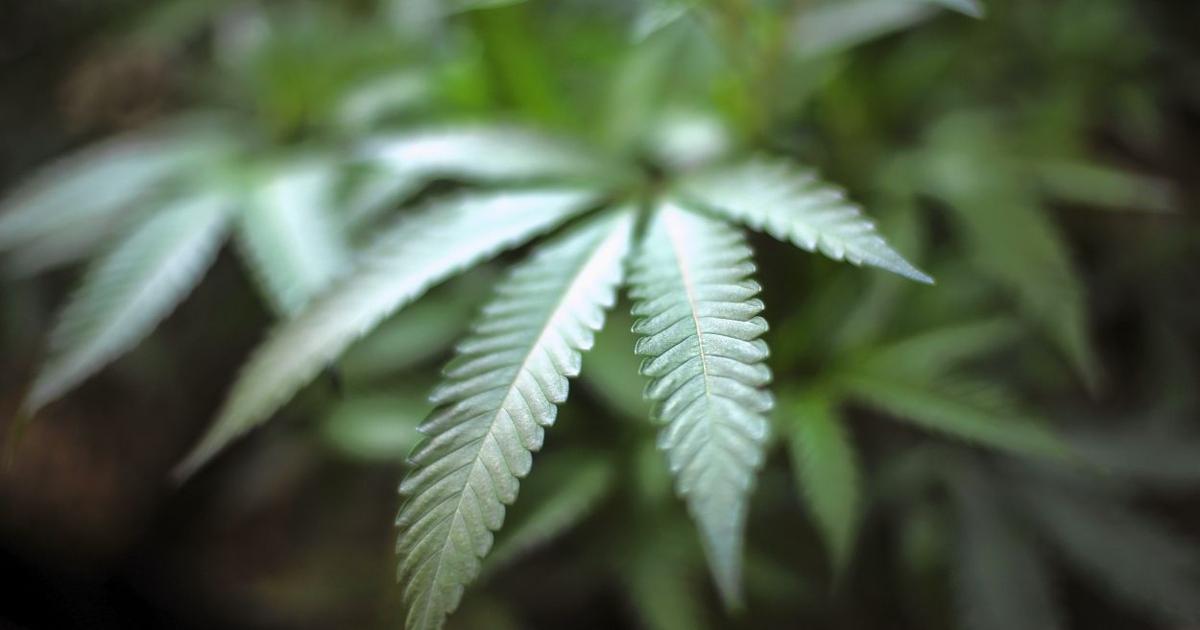

As the year draws to a close, the Journal Inquirer has compiled a list of the Top 10 Stories of 2021 for north-central Connecticut. This is the (first/last) in that series, which concludes on Dec. 31.
Several towns across north-central Connecticut are continuing to grapple with allowing or banning the retail sale of pot after recreational cannabis became legal earlier this year.
Possession and use of cannabis for people age 21 and over has been legal in the state since July 1. However, as part of the law, each municipality has the ability to either allow cannabis retailers or prohibit sales through an ordinance. The cultivation and retail selling of cannabis products in the state is not expected to happen until late 2022.
As a result of the stipulation in the legislation, the majority of towns in the region such as Coventry, Ellington, Glastonbury, Hebron, South Windsor, and Windsor have approved moratoriums, each with various lengths.
Moratoriums act as a way to give each town’s respective planning and zoning commission time to create or amend regulations for hosting cannabis businesses in their towns if officials choose to welcome retailers.
In Enfield, the topic has been controversial since the very beginning. On Sept. 6, the Town Council, led by a Republican majority, approved an ordinance that banned cannabis establishments from operating in town.
However, the newly elected Democratic majority on the council earlier this month overturned the ban, paving the way for businesses to come to town next year.
In Manchester, the Planning and Zoning Commission recently adopted zoning regulations that would permit cannabis retailers and cultivators to operate in certain zones. As part of the regulations, there are certain rules that focus on hours of operation and distance from schools and other locations.
Establishments must be 500 feet from schools and 200 feet from the property line of religious and charitable institutions, hospitals, and veterans’ homes.
In Tolland, the PZC earlier this month began discussing possible language and drafting resolutions regarding hosting retail cannabis shops around town.
In South Windsor, before a 12-month-long moratorium went into effect, Prime Wellness, a medical dispensary in town, applied for a permit to change the business into a “hybrid retailer,” which would authorize it to sell medical and recreational cannabis products.
At the town’s PZC meeting in November, members voted 4-3 to consider hybrid retailers as most are similar in use to liquor stores, and subject to regulations. The moratorium remains in effect, and no one else would currently be able to apply under such regulations.
Some towns, such as Suffield, are just beginning to explore the topic. The town is holding a public hearing on Jan. 24 in order to give residents a chance to comment and voice any concerns on existing language connected to hosting a cannabis establishment in town.
Some towns, however, are much further along than others.
In Vernon, the PZC has drafted various forms of language and approved a resolution that states cannabis shops must be at least 3,000 feet away from schools.
One of the biggest incentives for towns who plan to host cannabis shops is the revenue from sales.
State legislation calls for a 3% municipal sales tax on cannabis products that will go to the town or city where the sale was made; the state will impose a 6.35% tax; and there will be a tax based on the amount of THC — the main psychoactive compound in marijuana — in the product being purchased.
Per the legislation, until June 30, 2024 municipalities are only able to host one cannabis retailer and one micro-cultivator per every 25,000 residents. Therefore, municipalities with a population under that threshold are only able to host one retail establishment.
East Hartford and Manchester all have a population over 50,000 and would be eligible to host two of each.

